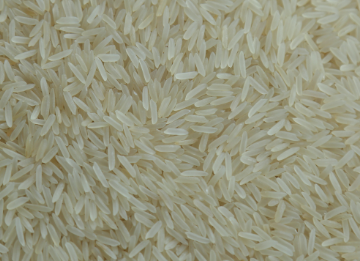
“Basmati” is long grain aromatic rice grown for many centuries in the specific geographical area, at the Himalayan foot hills of Indian sub-continent, blessed with characteristics extra- long slender grains that elongate at least twice of their original size with a characteristics soft and fluffy texture upon cooking, delicious taste, superior aroma and distinct flavor, Basmati rice is unique among other aromatic long grain rice varieties.
Agro- climatic conditions of the specific geographical area as well as method of harvesting, processing and aging attribute these characteristic features to Basmati rice. Owning to its unique characteristics the “ scented Pearl” lends a touch of class that can transform even the most ordinary meal into a gourmet’s delight.
HEALTH BENEFITS
Both brown and white basmati rice provide many health benefits, including:
Diabetes
Most types of rice, particularly white rice, have a high glycemic index, basmati rice is much lower on the scale. With a glycemic index between 50 and 58, basmati rice is a low to medium glycemic index food. If you have diabetes, small portions of basmati rice can be a part of your healthy diet.
Fiber
In addition to a lower glycemic index, basmati rice can also contain a significant amount of fiber – just be sure to check the nutrition label. A higher intake of dietary fiber can help to reduce the risk of developing Type 2 diabetes.
Low fiber intake can lead to digestive issues such as constipation. The fiber in basmati rice is soluble, meaning it adds bulk and helps move waste along the digestive tract.
Better Heart Health
Eating whole grains like brown basmati rice is linked to a lower risk of heart disease. Whole grains help to reduce blood cholesterol levels. They also help to reduce the risk of high blood pressure, a risk factor for heart disease.
Better Brain Health
Brown basmati rice has more fiber than the white version, and about 20% more than other types of brown rice. Higher fiber diets can help to reduce your risk of developing certain types of cancers, particularly colorectal cancer. Eating 3 ounces of whole grains per day may lower your risk for this type of cancer by about 17%.
Nutrients Per Serving
1 cup of cooked white basmati rice contains:
→ Calories: 210
→ Protein: 5 grams
→ Fat: 0.5 grams
→ Carbohydrates: 46 grams
→ Fiber: 0.7 grams
→ Sugar: 0 grams
Basmati rice also contains many other important nutrients, including:
→ Vitamin B1 (thiamine)
→ Vitamin B6
→ Copper
→ Folate
→ Iron
→ Magnesium
→ Phosphorous
→ Zinc
The nutrients in white basmati rice are similar to those found in other types of white rice. Brown basmati rice is also comparable to other types of brown rice.
While both white and brown versions of basmati rice provide vital nutrients, brown basmati rice contains more fiber, phosphorus, zinc, and B vitamins. Brown basmati rice is also lower on the glycemic index. White basmati rice, however, is easier to digest.
Basmati Rice We Offer
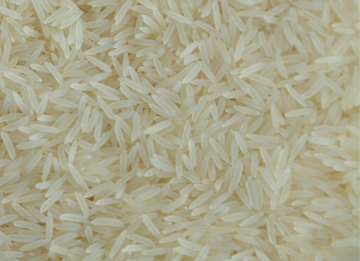
Traditional Basmati Rice
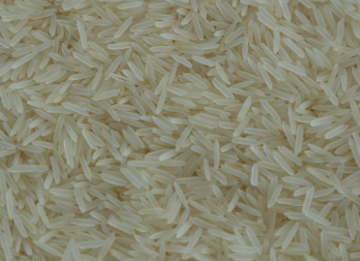
1121 Basmati Rice
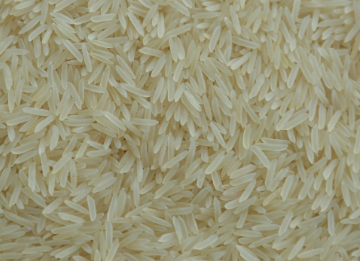
Pusa Basmati Rice

1509 Basmati Rice
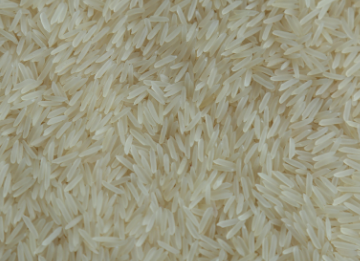
1401 Basmati Rice
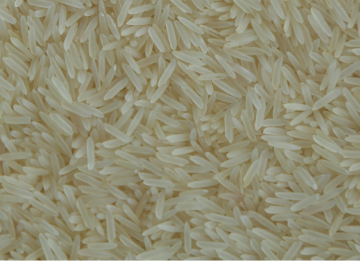
Sugandha Rice
